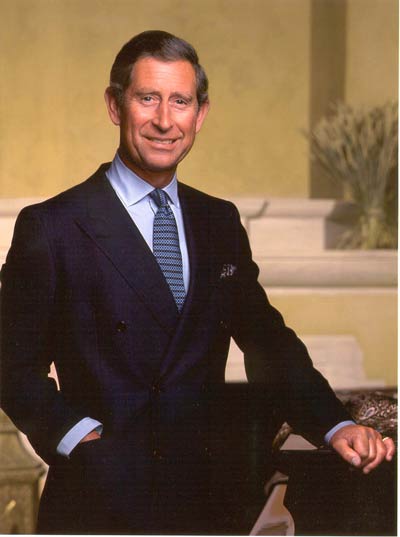 “This is the basis of the wisdom transmitted by what is known as ‘tradition’, which is another word that, in the swirl of our ‘anything goes’ post-modern confusion, has lost its meaning. These days ‘tradition’ tends to refer to things that are ‘old-fashioned’ or backward-looking, when in fact the true definition could not be further from that. Tradition is a living presence. It looks to the future as much as it does to the past because it is focused on the non-material as well as our material needs of the day, neither of which have changed, despite our many advances and supposed progress away from all those ‘old fashioned superstitious beliefs’. We are still human after all. We still have to face the same central paradox of life and we still need a deep keel to our boat – not to mention a compass that will navigate us safely from the many storms and trials we have to experience.
“This is the basis of the wisdom transmitted by what is known as ‘tradition’, which is another word that, in the swirl of our ‘anything goes’ post-modern confusion, has lost its meaning. These days ‘tradition’ tends to refer to things that are ‘old-fashioned’ or backward-looking, when in fact the true definition could not be further from that. Tradition is a living presence. It looks to the future as much as it does to the past because it is focused on the non-material as well as our material needs of the day, neither of which have changed, despite our many advances and supposed progress away from all those ‘old fashioned superstitious beliefs’. We are still human after all. We still have to face the same central paradox of life and we still need a deep keel to our boat – not to mention a compass that will navigate us safely from the many storms and trials we have to experience.
“What we can learn from the way ancient civilizations like the Egyptians looked at life is how they saw the same shape to things – the essential, cyclical process of growth that is limited by the need for decay, which in turn renews again into another cycle of creation. This is the pattern of Nature which, incidentally, I cannot help feeling gives a deeper meaning to that other word, ‘re-creation’. Whether we chose to acknowledge it or not, we are still bonded to this essential organic pattern. Only the seductive allure of the level of materialism that now drives modern consumerism has distorted this perception of the way the world works. We can end up forgetting what the ancient Egyptians knew well – that we need to exercise a necessary degree of self-discipline and self-limit for the cycle to proceed unhindered. If that did not happen in their world, they believed they would unleash a force that could sweep everything away.”
▪ H.R.H. The Prince of Wales (Tony Juniper and Ian Skell, eds.), Harmony (Blue Door, 2010) extract from pages 95 to 96.
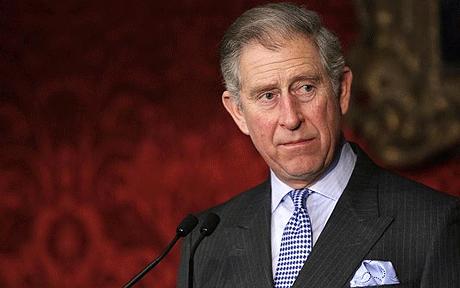
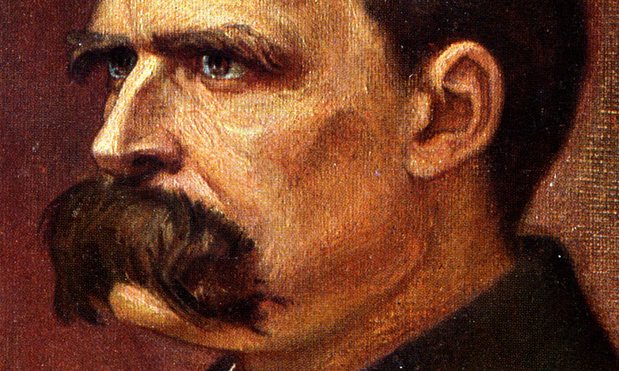
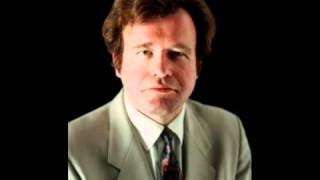

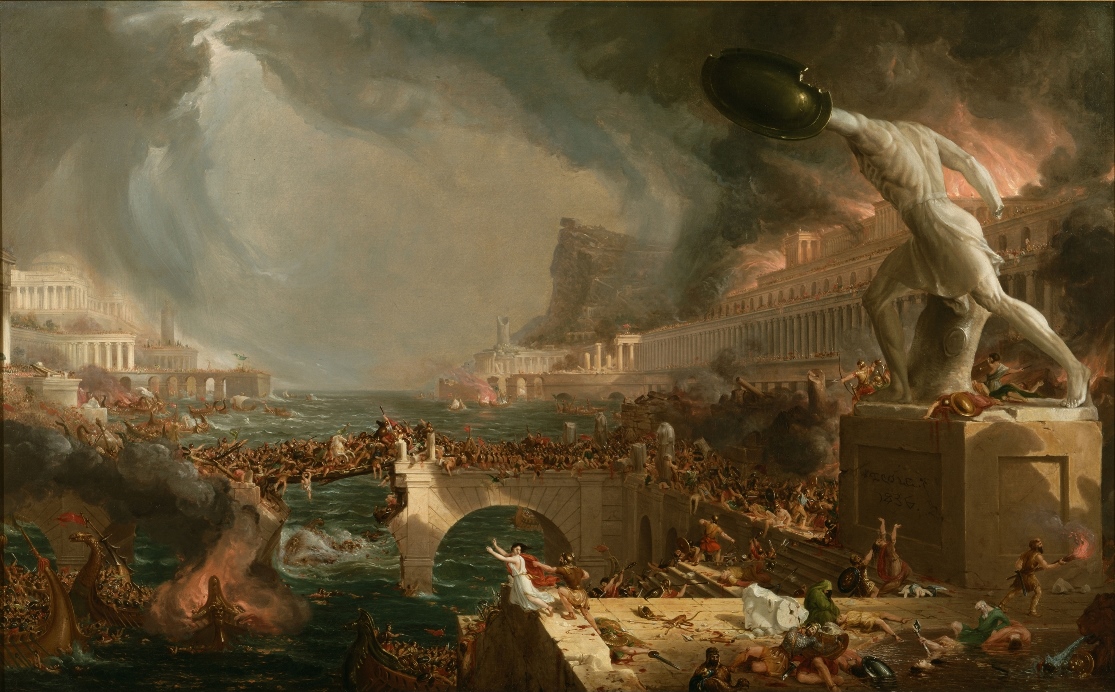
Be the first to comment on "Quote of the Week: HRH Prince of Wales, “Harmony”"